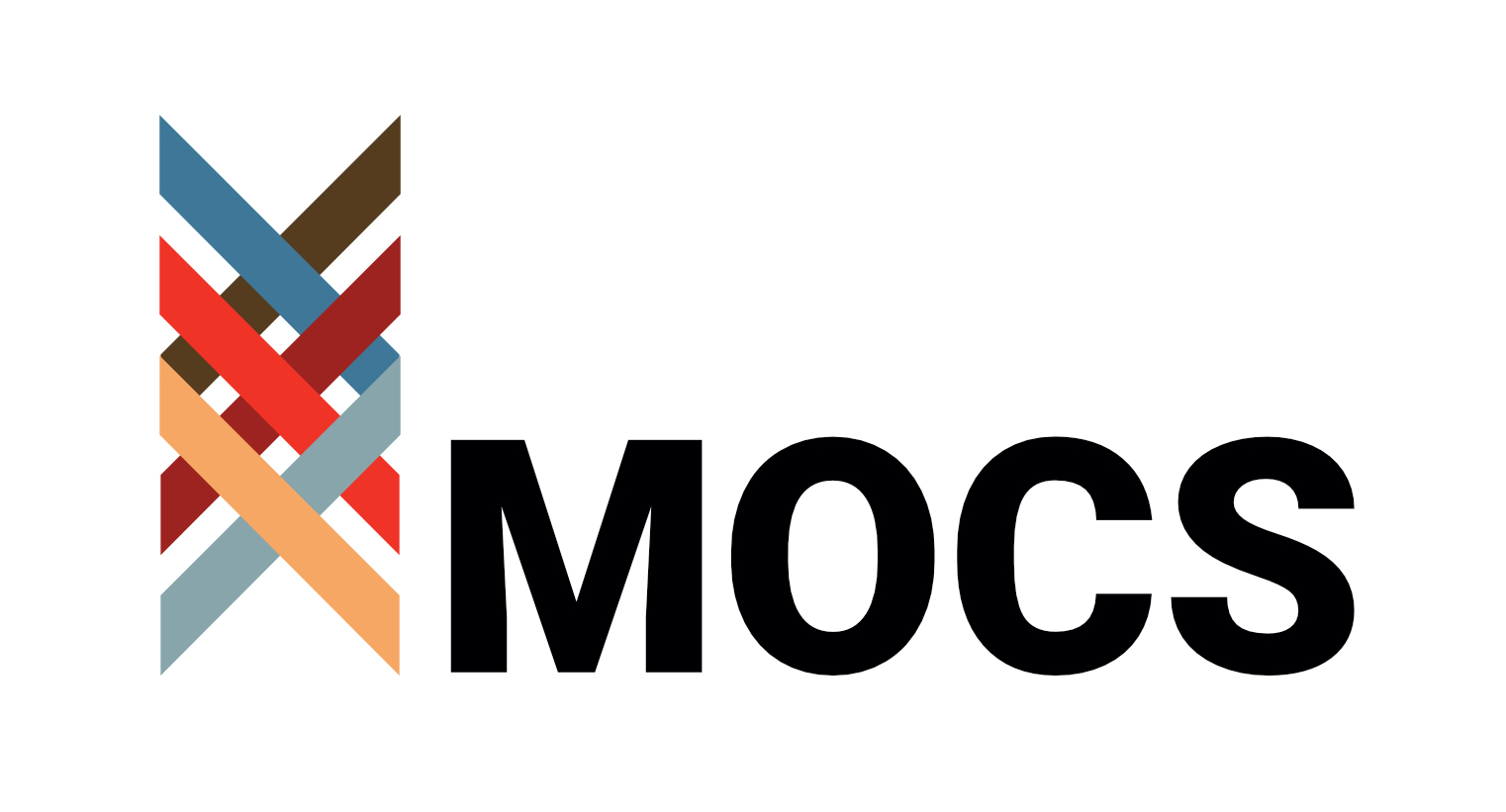EVENTS

ACKNOWLEDGEMENT OF COUNTRY
This symposium is taking place on the traditional lands for the Kaurna people. The symposium organizers recognize the spiritual relationship the Kaurna people have with their country. They also acknowledge the Kaurna people as the custodians of the Adelaide region and that their cultural and heritage beliefs are still as important to the living Kaurna people today.
ACKNOWLEDGEMENT OF SUPPORT
The co-organizers would like to acknowledge the support of The Australian Sociological Association for this event via its TASA 2025 Thematically Aligned Events funding scheme.
Contesting Military Identities
Monday 22nd September 2025
SYMPOSIUM THEMES
Increased geo-strategic competition, the return of conventional warfare in Europe, the global rise in religious nationalism and the current US administration’s weaponisation of equity initiatives raises important questions around the diversity of identities within the military and current public sentiment towards the armed forces. Whereas Foucault famously cast the soldier as an ideal type of the docile body and sociologists commonly see the military as the ultimate example of a total institution, recent sociological research on the military has increasingly pointed to a variety of different military cultures, often existing in tension and competition with each other, with the service person, veteran and their families active in advocating for political and organisational change. This Australian Sociological Association sponsored one day conference brings together Australian and international sociologists and scholars in adjunct fields around this topic of “contesting military identities”.
Sociology needs new ways to comprehend the military, with the sociological study of armed forces and society traditionally being marginal within the discipline. Where the military is analysed sociologically, it is often done so in ways that selectively utilise rather than advance sociological theory and method. However, with a rise in the political prominence of military effects and debates in how a widening gap shifts in civil-military relations may influence capability with the return of Great Power competition, there is a pressing need for a new sociology of the military. Whilst sociologists face enduring difficulties in attaining access for research in the area, we arguable are seeing Defence and Department of Veterans’ Affairs in Australia being increasingly appreciative and involved in funding sociological research and more current serving Defence personnel, veterans and their family members undertaking PhD study in sociology based on their experience of the armed forces. At this critical point of time, including in the aftermath of the Royal Commission into Defence and Veterans Suicide and the ongoing investigations into war crimes allegedly committed by the Australian Defence Force in Afghanistan, this conference attempts to raise intellectual and public debate in the area while strengthening ties between those studying military culture.
PROGRAM
8:30-8.45 Welcome and Acknowledgement of Country
8:45-10:30 Session 1: Gender orders: Societal and institutional connections
A Negotiated Gender Order: British Army Control of Servicewomen in ‘Front Line’ Counterinsurgency, 1948–2014
Dr Hannah West (Anglia Ruskin University)
From boots to babies and back again: The lived experience of pregnancy, birth and motherhood in the Australian Army
Dr Maureen Montalban (University of South Australia)
“Inconveniencing the institution”: An interpretive exploration of pregnancy experiences of Royal Canadian Navy service members
Madeline Kuiper (Anglia Ruskin University) and Dr Debbie MacLellan (University of Prince Edward Island)
What are the experiences of peer support for Veterans within a military-style motorcycle club?
Loraine House (Flinders University)
10:30-11:00 Tea and coffee break
11:00-13:00 Session 2: Recognising and Promoting Diverse Military Cultures
Nothing About Us, Without Us: Reclaiming the Soldier’s Voice in Official War Art
Richard Barrett (Curtin University)
The Upturned Brim: ordinary ethics, moral economies and micro-freedoms in an Australian Army unit Dr Richard Davis (Centre for Defence Leadership and Ethics)
Fringe Military Identities
Adjunct Assoc Prof Cate Carter (University of South Australia)
Work-life balance in the military – an unreconcilable pursuit for the warrior-father
Annie North
13:00-14:00 Lunch break (catered)
14:00-15:30 Session 3: Towards new military futures
Ships in the night: Identity and leadership in the Australian military
Dr Andrew Frain and Dr Nick Jans (Australian Defence College)
Making informal learning visible: Understanding how Canadian military culture is taught and learned
Marshall Gerbrandt (University of New Brunswick)
Mapping Service and Transition to Self Harm and Suicidailty
Prof Ben Wadham (Flinders University)
15:30-16:00 Tea and coffee break
16:00-17:30 Session 4: Reconciling and militarising race and trauma
Indigenous People in the Military: Advancing Reconciliation or Militarised Inclusion?
Dr Federica Caso (La Trobe University)
“Ashti” in Australia: Reconciliation Between Veterans and Afghan Migrants
Abstract for the Conference: Contesting Military Identities
Dr Mujib Abid and Dr Gillian Howell (University of Melbourne)
How to Decolonise an Army: A Decolonial Critique
Prof Sara de Jong (University of York) and Dr Nick Caddick (Anglia Ruskin University)
17:30-18:00 Networking and Drinks
18:00-19:30 Report Launch: Influence Indicators: Principles & Practices
Assoc Prof Brad West (UniSA), Prof Emma Thomas (Flinders), Cassandra Quarisa (Flinders), Dr Damien Spry (DSTG)
